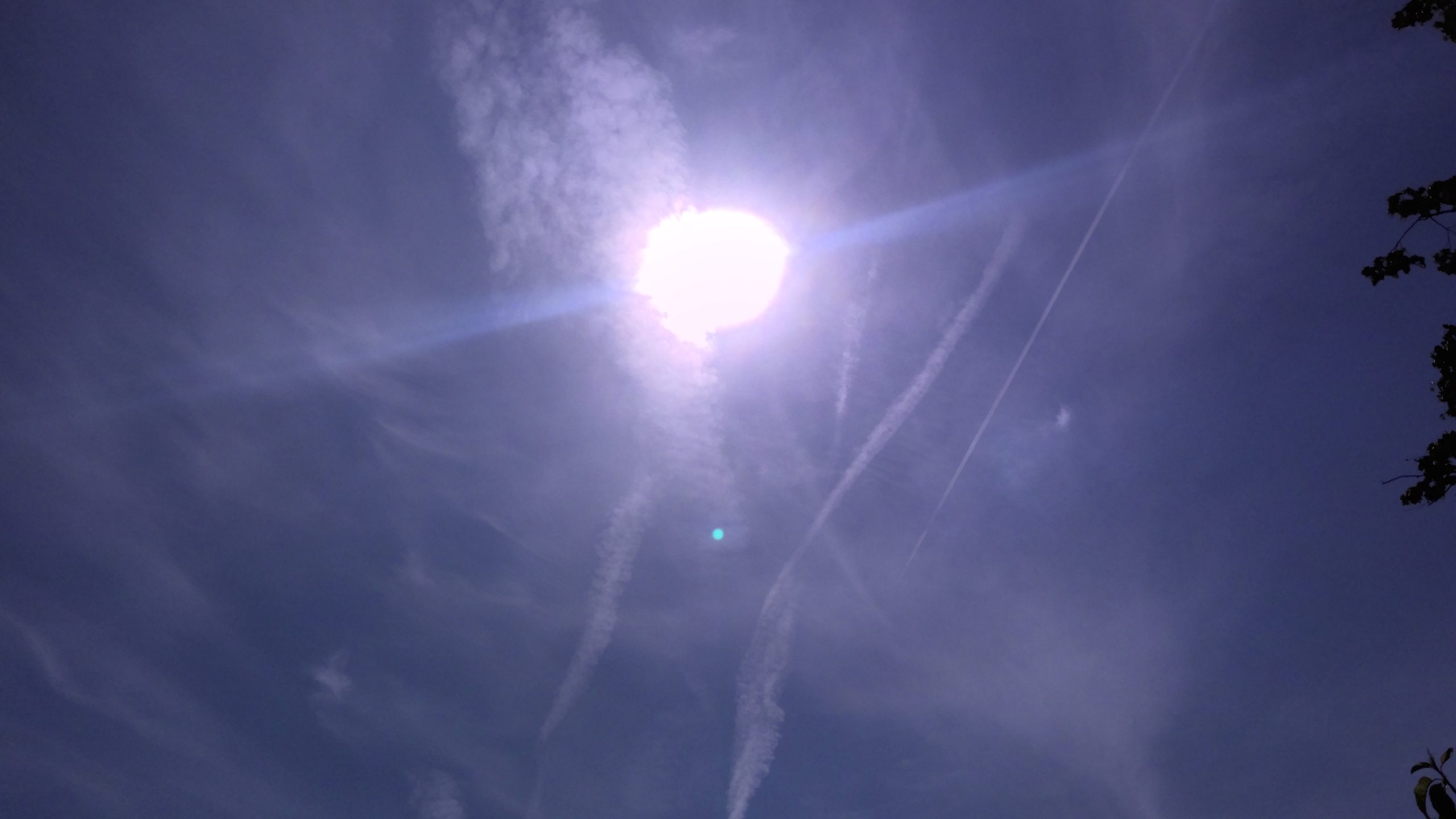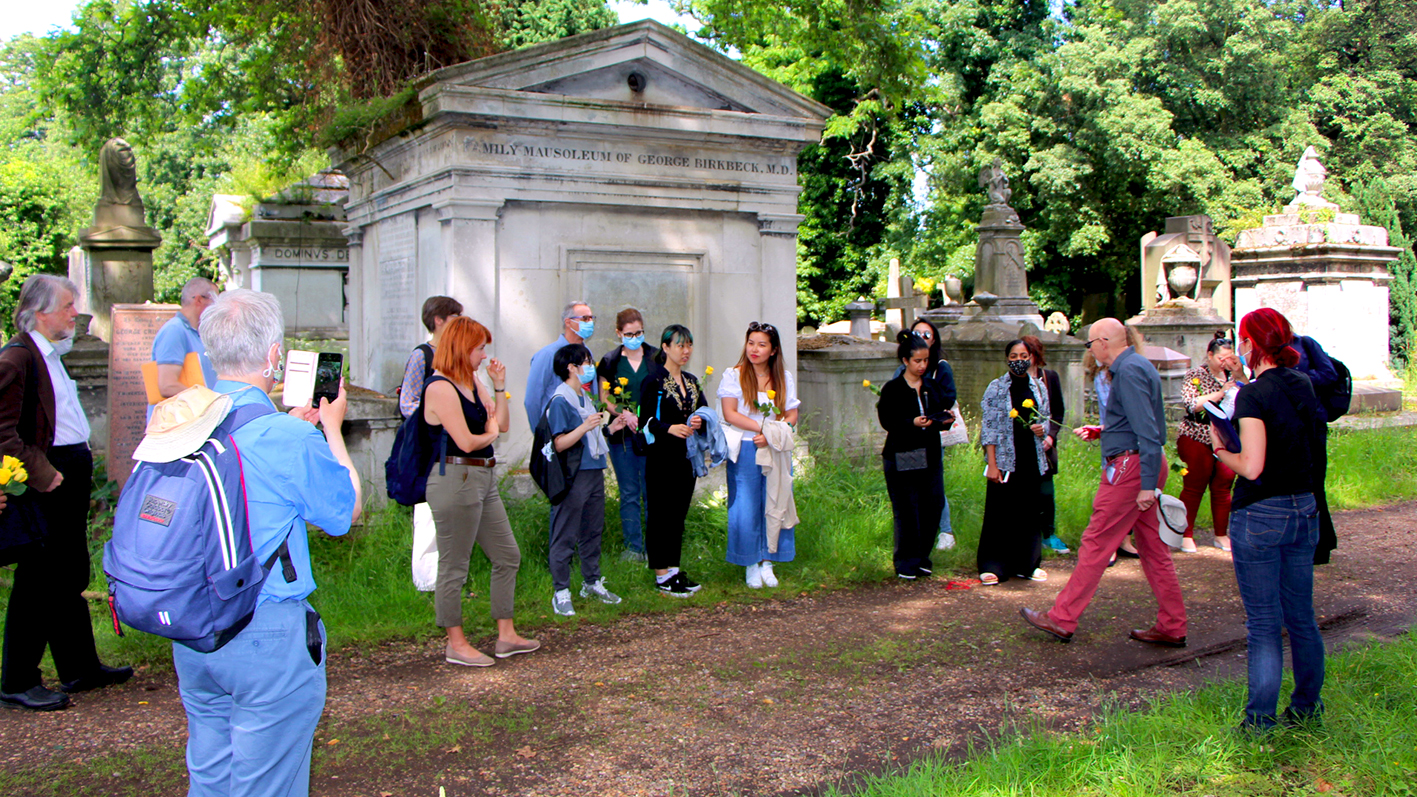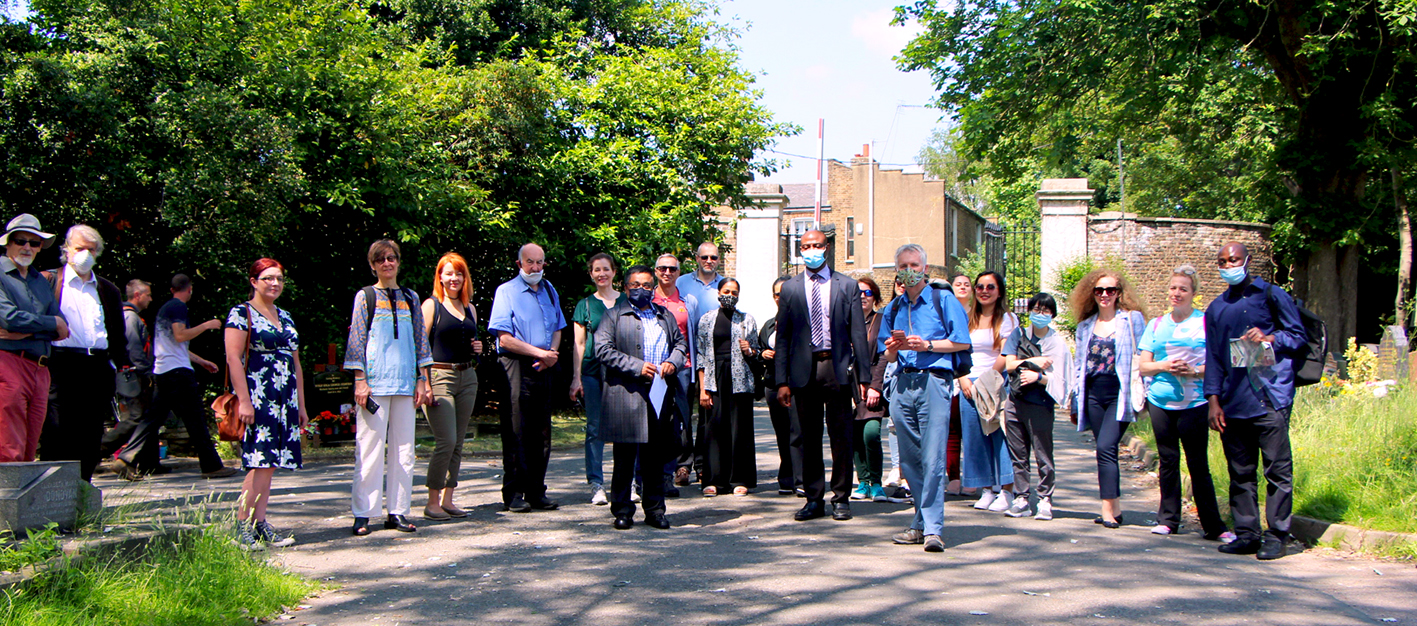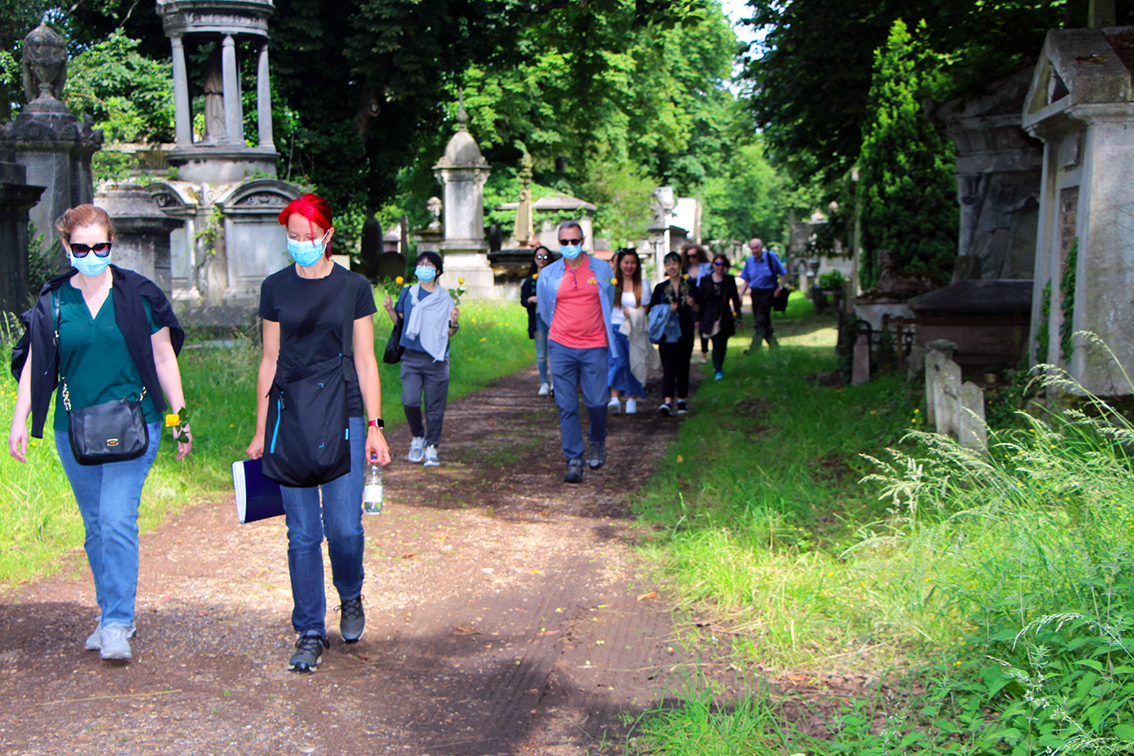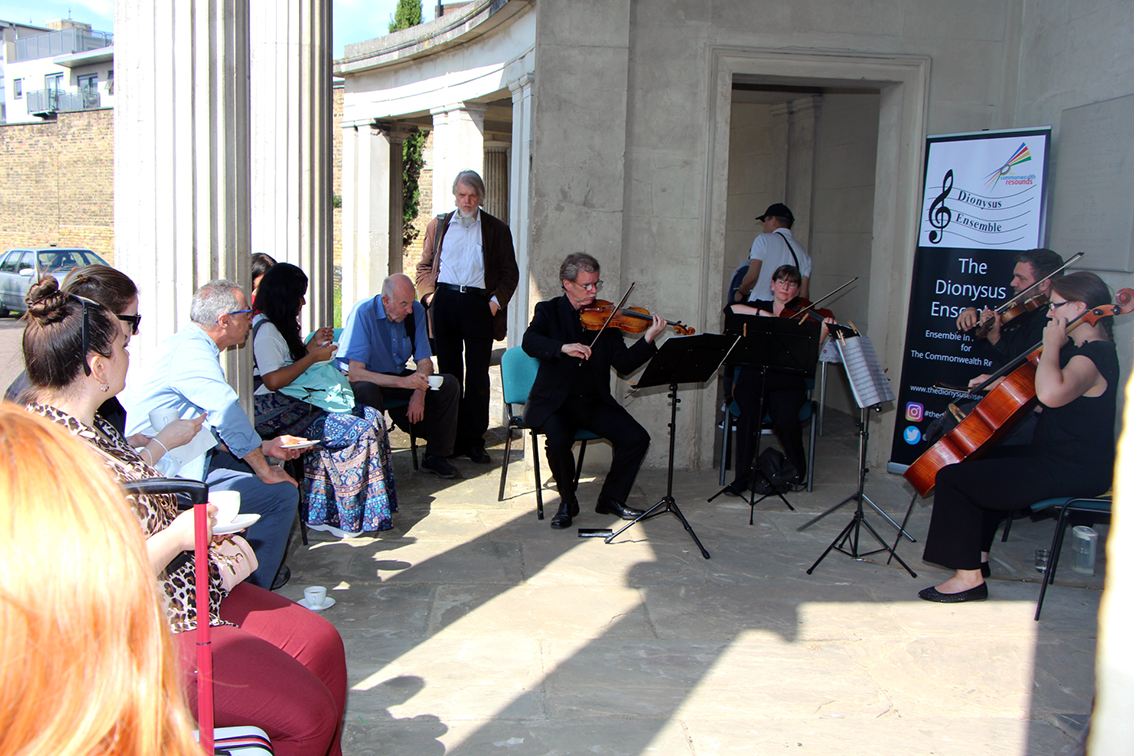Professor Adam Gearey is a Professor of Law at Birkbeck’s Department of Law. In this blog, Professor Gearey explores this year’s themes of Law on Trial, the School of Law’s annual week of free, public events taking place from Monday 19 to Friday 23 June.
This year’s Law on Trial takes place at a special time. We are celebrating the 200th anniversary of Birkbeck, University of London and the 30th anniversary of Birkbeck’s Law School. It is also more or less 191 years to the day that the legal philosopher John Austin finished his lectures on jurisprudence, the philosophy and theory of law, at the University of London, and in a fit of melancholy, immediately left for France. It might seem a little strange to link these two moments together. But perhaps George Birkbeck, John Austin, and Sarah Austin did share a similar concern. The education of the working classes.
John and Sarah, like George, worried that the multitude were condemned to their own “doom” (Austin 1986). Compelled to earn a “precarious livelihood” they could not develop their “childish and imbecilic intellects” (Austin 1986). More worryingly, rather than obedience to the law, the working class appeared to be sympathetic to criminals and were bent on causing trouble (Austin 1986). It was imperative that the “multitude” should grasp the “leading principles” of the moral sciences and apply them to the conditions of their own lives. Only then would the masses be willing to accept the “authority of others” (Austin 1986).
No doubt George Birkbeck did not share all these sentiments. He probably disagreed with Austin’s bizarre idea that teaching jurisprudence would provide the very “rationale” of the law that would legitimise authority to those who were all but ready to tear it all down.
Which, by an interesting coincidence, is almost the title of a Dexys Midnight Runner’s song. A song that, one might think, is the opposite of John Austin’s stuffy defence of the establishment. Kevin Rowland’s ‘Burn it Down’ is a call to be creative: to think, to act differently. Perhaps things now are not that different from 1831: the precarious are required to accept their precarity. However, an education in soul music, rather than jurisprudence, might now be the key to the moral sciences.
Indeed, if there was a “wild philosophy” that so upset Austin, you will find it in the panels and talks that will take place in Law on Trial 2023. Law on Trial kicks off on the 19th June. The first panel is an engagement with intellectual property (creations of the mind). Tattoos and patent drawings will be discussed by Fiona Macmillan, Henrique Carvalho and Guido Comparato. The next panel, on the 20th, celebrates 30 years of Birkbeck graduates. Daniel Monk will chair a panel tracing the diverse paths taken by Birkbeck students from the classroom to practice. On the 21st June, the panel on the social and political lives of trials, reminds us that the old order is very much in place: disciplining bodies and minds. As Allison Tait, Mayur Suresh and Basak Ertur will remind us: what else can you do but resist injustice? Just after the solstice, on the 22nd June, Alex Sharpe summons the presence of the great David Bowie for a spirited discussion about the three love lessons apparent in Bowie’s work. Finally, on the 23rd June, ecological destruction and climate litigation are put on trial by Stewart Motha and Fleur Ramsay. A fitting conclusion for a panel taking place as London heats up for the hottest summer since 1884.
Further information
References
John Austin, The Province of Jurisprudence Determined (London: Hackett, 1986) Pages 64, 65, 66, 70.
Dexys Midnight Runners, Burn it Down, on Searching for the Young Soul Rebels, EMI/Parlophone, 1980.
